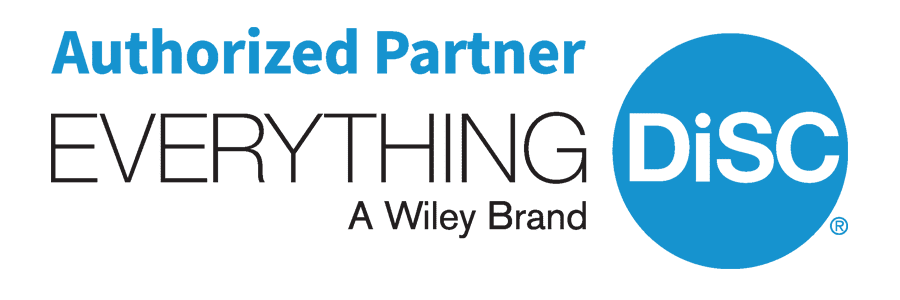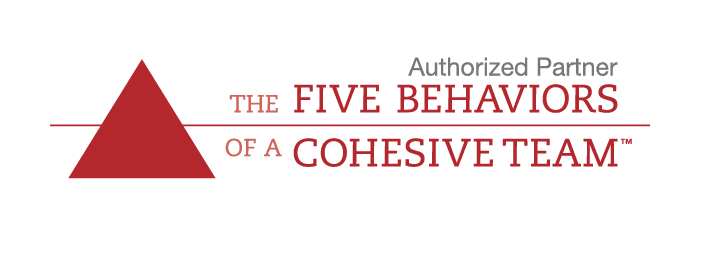Using DiSC Classic with a Social Services Organization
Case Study: Using DiSC Classic with a Social Services Organization
All to often people confuse intention with behavior and communication. DiSC Classic 2.0 provides understanding into our personality style and how to adapt it to better relate to others.
Company
A social service organization; a team of 15 managers and employees
Challenge
The organization provides programs and services to families who are at risk for child abuse. Families are either court-ordered to be part of the program or are referred by various sources such as healthcare providers. In some cases, proper case management, monitoring, and services can mean the difference between the life and death of a child.
Due to the nature of their work, the team was experiencing high levels of stress. In addition, sometimes communication was not as good as it could be and conflicts escalated further than they should.
The team had just been given a larger territory that expanded their service area—they went from having two counties to having six. This change required them to be effective communicators and adept at handling conflict, and they didn’t feel ready for the change.
Solution
We met with the team leader and prepared a plan for the team – a series of six half-day sessions that focused on increasing trust and improving communication. A secondary focus was to clarify the team’s purpose and values to provide a stronger direction and create unity on the team. Sessions were to be conducted every three to five weeks.
The DiSC Classic 2.0 Profile profile was administered to each team member. In the classroom, we introduced the DiSC model and gave everyone their profile. Team members learned how to read other’s DiSC styles and learned the communication needs of each style. They also learned how each style reacts in conflict situations and how they could reduce conflict by learning to adapt their style to meet the needs of others.
After several sessions, the team was ready to talk about their team’s purpose and values. They discussed appropriate behaviors that supported their values and how they should deal with team members who violated team values.
Next, they reviewed their DiSC Classic Group Culture Report and discussed how the primary style of the team impacted the team’s performance and the performance of individual team members, especially when they were not of the same DiSC style of the team.
Finally, they learned about the power of positivity and how to encourage each other to achieve more. They explored how to deal with problems or issues in a more positive manner. We concluded the program with a review of lessons learned and a discussion on how to maintain their positive results.
Results
The program began just prior to the expansion of the team’s service area. Although they initially felt they weren’t ready for the challenge, by the time the expansion occurred they were excited, willing and ready for anything that they might face. The new staff members who were added to the team were easily integrated, and through the use of DiSC, they quickly learned how to communicate effectively. The rest of the team continued to learn through open communication both one-on-one and in small groups. As a result of their preparation, the team accomplished their expansion well ahead of schedule.
Approximately one year later, a secondary, unplanned benefit occurred. As part of a state-wide initiative, all local programs were required to submit to an evaluation to receive accreditation. Because they had already met a previous challenge and excelled, they were ready to tackle this new one. The team still had high levels of trust, good communication skills, and remained focused on their purpose. Their program was one of the first in the state to achieve their accreditation, and it was done with flying colors.
Of course, we can’t forget the needs of the families that the team served. As a result of the team’s improved communication skills and greater focus and clarity of purpose, they were able to address process issues and improve services to families.
Download PDF of Case Study: Using DiSC Classic with a Social Services Organization.
For more information about the Center for Internal Change and the Everything DiSC and DiSC Classic products we provide, please call us at (847) 259-0005.





